Tom Clancy is one of the most successful thriller writers of all time and his novels have inspired many movies and television shows over the years. But the first and perhaps best of them all is The Hunt for Red October.
The movie stars Sean Connery as a Russian submarine captain who goes rogue and Alec Baldwin as CIA analyst Jack Ryan who thinks the captain means to defect to America. The novel kickstarted Clancy's Jack Ryan franchise and the movie is regarded as a faithful and effective adaptation. However, there are some interesting differences between the two versions.
10 Sped-Up Timeline
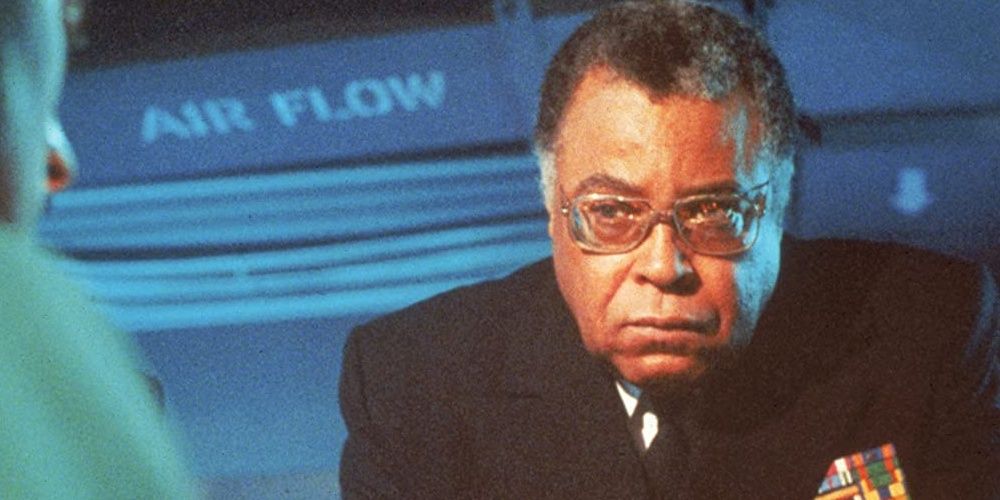
The most common dilemma faced by adapting a novel into a movie is condensing a story of hundreds of pages in length into a reasonable movie runtime. In many cases, the movie can lose a lot of the nuance of the source material.
In the case of The Hunt for Red October, the sped-up pace actually helps to make it a more entertaining story. The movie trims a lot of the fat of the book without losing too much. For instance, Jack's briefing of the Red October to Greer is changed from multiple chapters spanning several days to a single conversation.
9 Is Ramius A Villain?
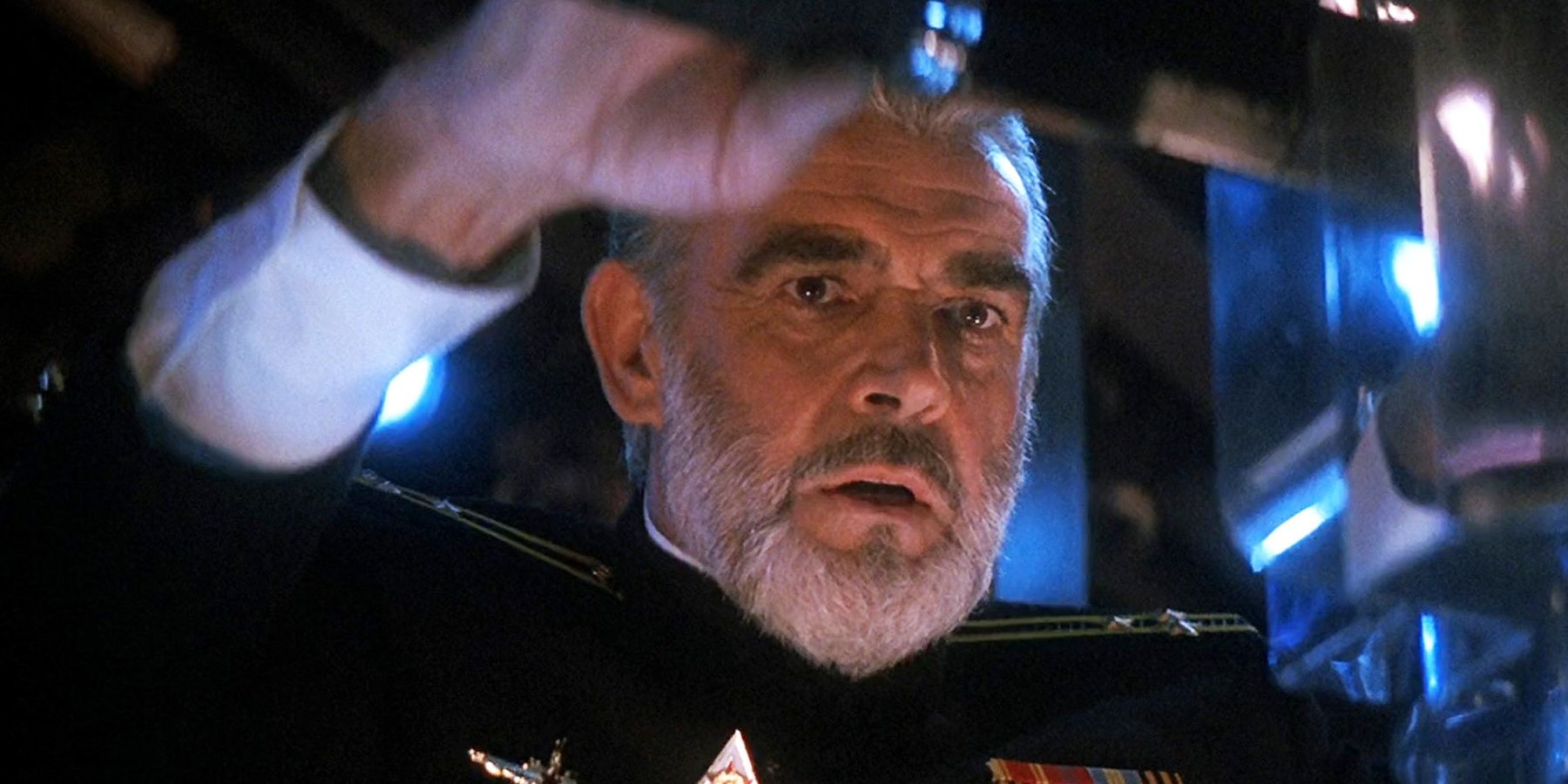
In the opening chapter of the novel, Captain Ramius sets sail with his state-of-the-art submarine. Through his internal monologue, it is made immediately clear that he is no longer loyal to the Soviet Union and plans to defect to America. Jack Ryan figures this out very early on as well.
In the movie, a lot of the tension comes from the fact that it is unclear if Ramius is a villain at first. It initially appears as though he might be trying to start a nuclear war. This makes Jack's eureka moment all the more thrilling.
8 Skepticism Of Ramius
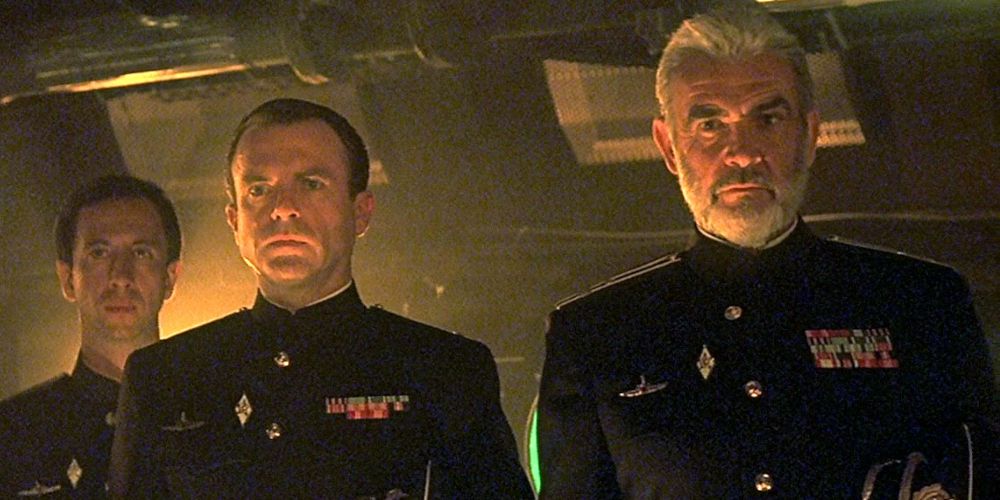
In both versions of the story, Captain Ramius is a respected and powerful leader. However, he encounters a lot more trepidation from his crew in the movie than he does in the book. In the movie, the submarine's doctor, Petrov, questions Ramius' decision-making several times as it conflicts with standard procedure. Even more severe, one of his officers begins openly accusing him of losing his mental faculties.
In the book, such questions of Ramius' command do not exist. The crew sees him as a fearless and flawless leader whom they follow without hesitation.
7 Skip Tyler

While Jack Ryan is certainly the main hero in the book, there is a secondary hero who makes a strong impression as well. Skip Tyler is a former submarine commander who lost his position after a car accident took one of his legs.
Despite just being a teacher now, Jack trusts him to look over the photos of the Red October and give his assessment. He is the one who comes up with much of the plan for getting the crew and the submarine to America. In the movie, he only appears in a couple of scenes with Jack getting most of the spotlight.
6 Submarine Disaster
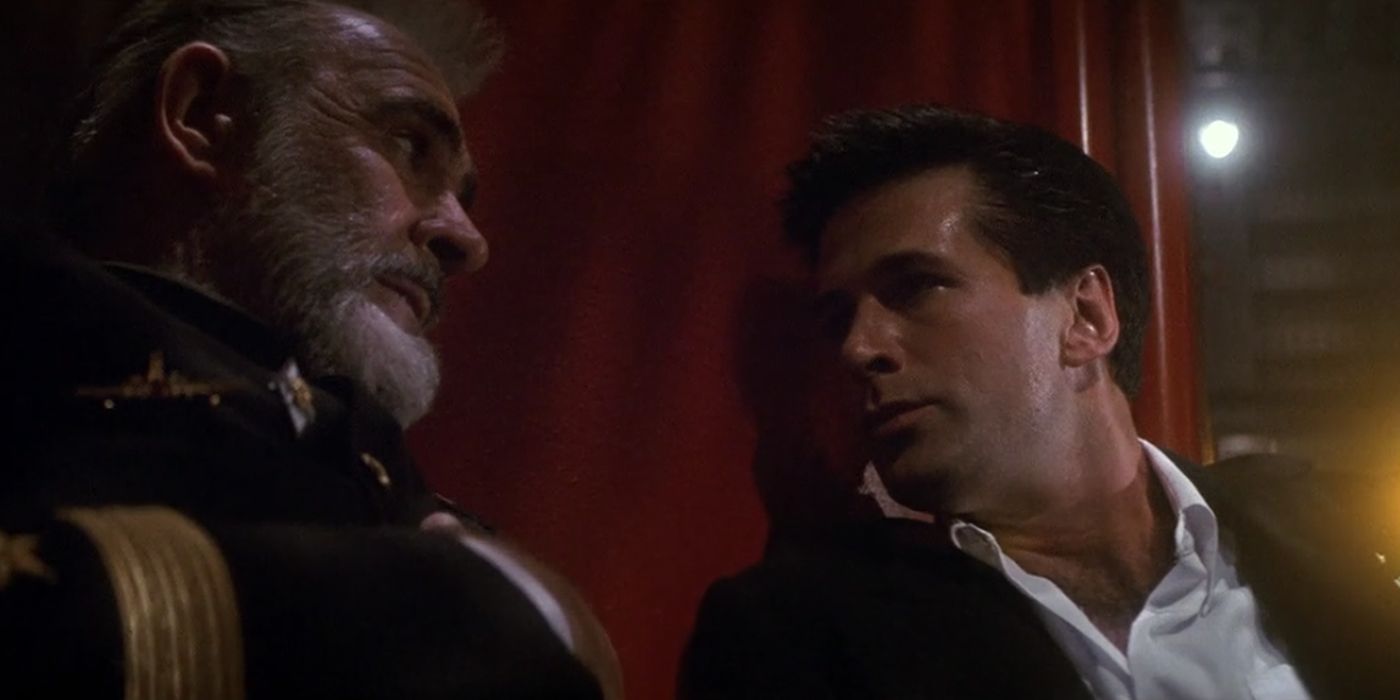
When the Russians learn of Ramius' plan to hand the new submarine over to the Americans, the entire fleet is sent out after him. In the movie, this results in one scene of a bomber attempting to destroy the Red October.
There is a much more substantial scene in the novel when one of the pursuing vessels runs its engines too hot trying to catch up to Ramius. This results in a meltdown that leaves the whole crew dead save one survivor. It is an exciting sequence but expendable for the movie.
5 The Motivation Of Ramius
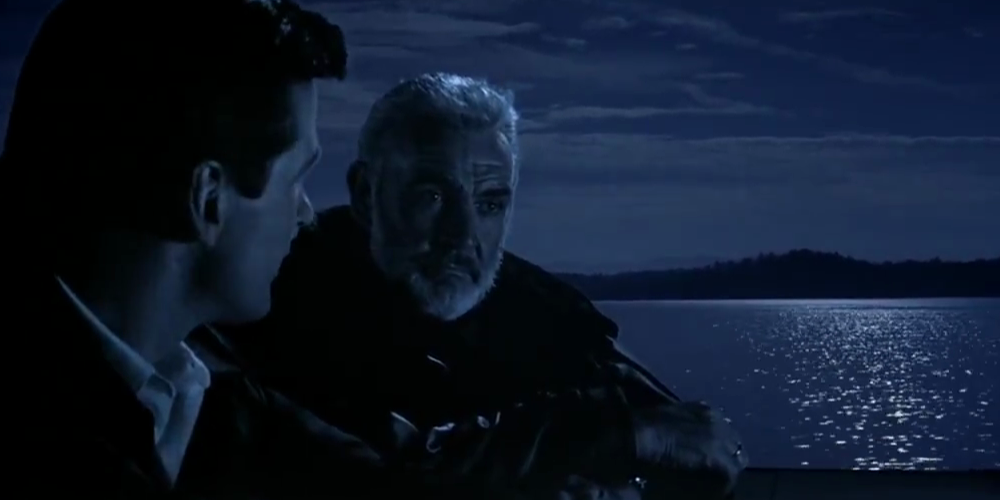
In that first chapter of the book that reveals Ramius' plans to defect to the United States, it is hinted that this is because of the death of his wife. It is later revealed that his wife died at the hands of a drunken surgeon who was not punished because of his political connections.
While this personal reasoning might seem important for making Ramius sympathetic, the movie's motivations for the character are much simpler yet still effective. He recognizes that the Red October is designed to start a nuclear war and is committed to getting it out of Russian hands.
4 The Russian Mole
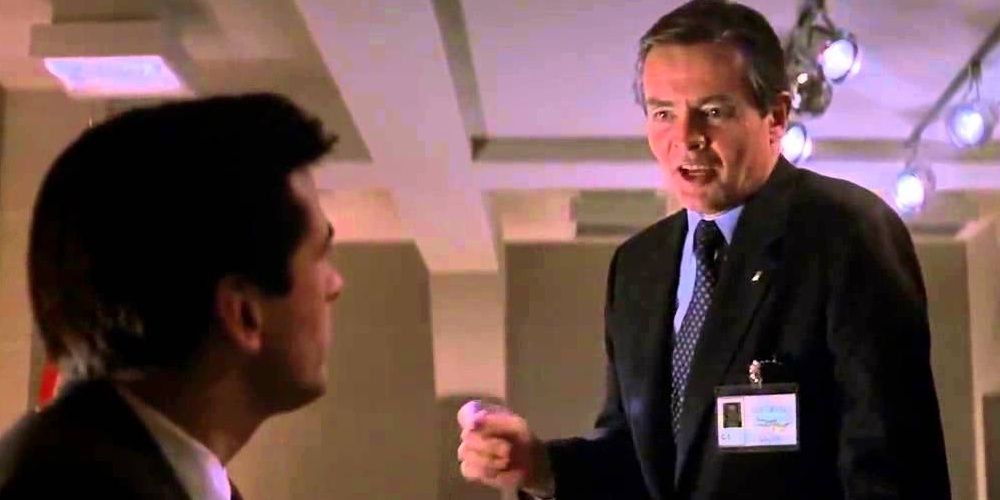
The movie does a very good job of determining which storylines add to the main plot and which can be let go. The book introduces a small storyline very late in the book with none of it appearing in the movie at all.
The storyline revolves around a senator's aide who is revealed to be a mole for the Russians. He is arrested and turned so that the Americans will start feeding him false information to communicate to the Russians.
3 Tension Between Countries

The Cold War story makes for a great structure of a political thriller that delves into the tensions between the United States and Russia. These tensions are surface level in the movie and eventually, the Russians lie to the Americans, saying Ramius is planning to launch his missiles in hopes the Americans will destroy him.
In the book, the Russians attempt to hide the issue with Ramius from the Americans until the bitter end. However, the tensions between the countries lead to several close calls between the military on several occasions, which cements what is at stake for Ryan's mission.
2 Sympathetic Borodin
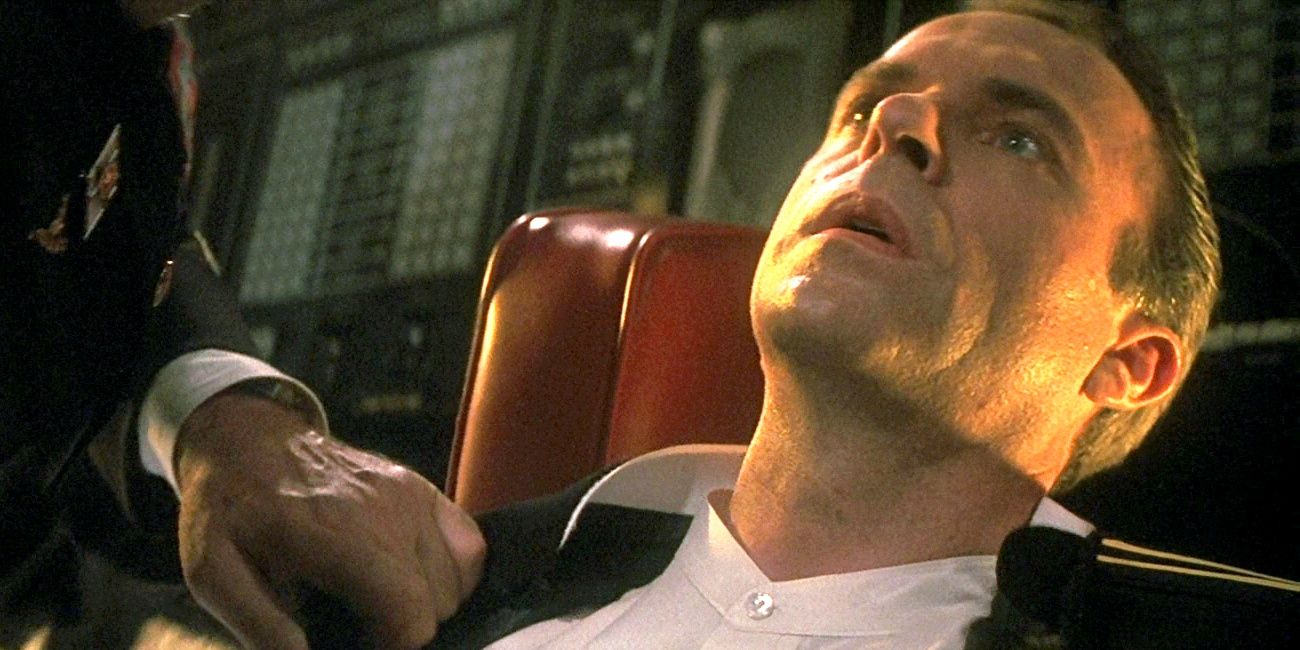
One of the standout characters from the movie is Borodin (Sam Neill), Ramius' second-in-command. He is the most loyal follower of Ramius and during one touching scene, the two men discuss what they think their lives will be like in America with Borodin stating he wants to live in Montana. This sets up his heartbreaking death when he is shot by a spy and his dying words are, "I would have liked to see Montana."
Not only is Borodin a much less important character in the novel, but he is also not nearly as sympathetic. While Ramius is thinking about his officers and how were mistreated by the Soviet government, it is revealed that Borodin's grievance is that he accused a colleague of being a gay but nothing was done about it.
1 Showdown With Tupolev
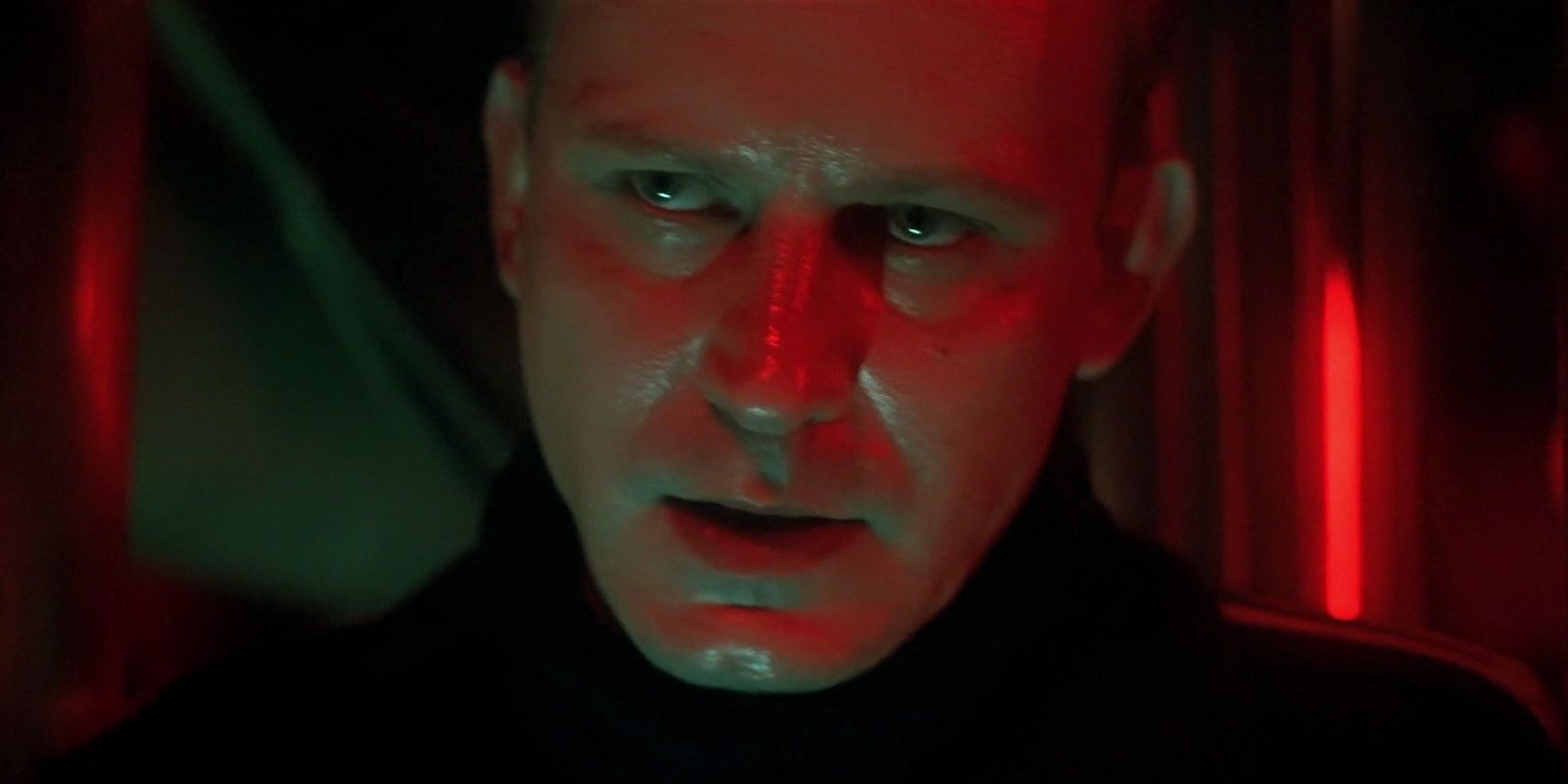
The climactic action sequence in both versions of the story comes when the Red October is found by another Russian sub, making for an intense naval battle. The enemy sub is commanded by one of Ramius's former students, Tupolev.
In the movie, Tupolev is a cold villain whose arrogance causes him to be lured into a trap and blown up with his own torpedo. In the novel, Tupolev is torn between his duty and having to kill Ramius. His sub is destroyed when Ramius rams it with the Red October.
from ScreenRant - Feed https://ift.tt/2Sxgipc


0 Comments